Dear Readers,
AI plays a crucial role in our blog, helping us manage our time more effectively to keep the content flowing. While AI assists with content creation, which may lead to occasional spelling or grammar errors, our primary goal remains clear: to deliver meaningful insights to you. For important matters, please consult a specialist.
Thank you for your understanding and support.
Best regards,
Education.com.cy
Summary
This article delves into the psychological effects of music lyrics, exploring how different types of music can influence emotions and behaviors. It highlights the role of music in emotional regulation, the impact of classical music on mental states, and how music can serve as a tool for empathy development. The article also examines the influence of music on online behavior, the relationship between music and aggression, and the cognitive benefits of music education. Additionally, it discusses the dual nature of music’s psychological effects, emphasizing the importance of balancing music consumption for mental health. The insights provided aim to help educators and parents understand the powerful role that music lyrics play in shaping psychological well-being.
Introduction
Music is a universal language that transcends cultural and linguistic barriers. Its ability to evoke emotions and influence behaviors is well-documented, making it a powerful tool for both personal and social expression. The lyrics of a song, in particular, can resonate deeply with listeners, offering a sense of understanding and connection. This article explores the psychological effects of music lyrics, examining how different genres and lyrical themes can impact mental states. By understanding these effects, educators and parents can better guide young individuals in their music consumption, promoting mental well-being and emotional resilience.
Main Sections
-
Introduction to Music and Emotions
Music has a profound impact on our emotions. Whether it’s the soothing melodies of classical music or the energetic beats of pop songs, music can evoke a wide range of emotional responses. Lyrics add another layer to this emotional experience, often reflecting personal experiences and societal issues.
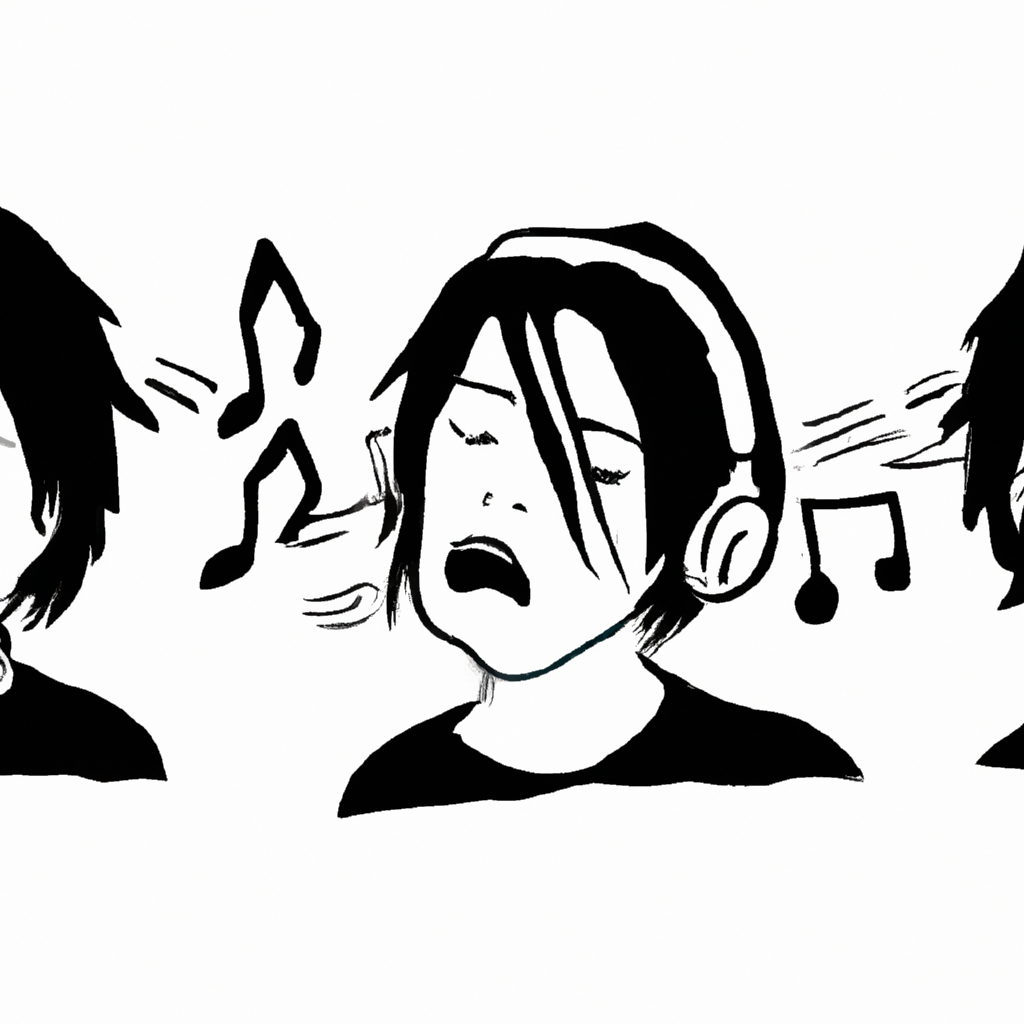
-
The Role of Music in Emotional Regulation
Music is often used as a tool for emotional regulation. People listen to music to relax, to energize themselves, or to process complex emotions. For instance, listening to calming music can reduce stress and anxiety, while upbeat music can boost mood and motivation.
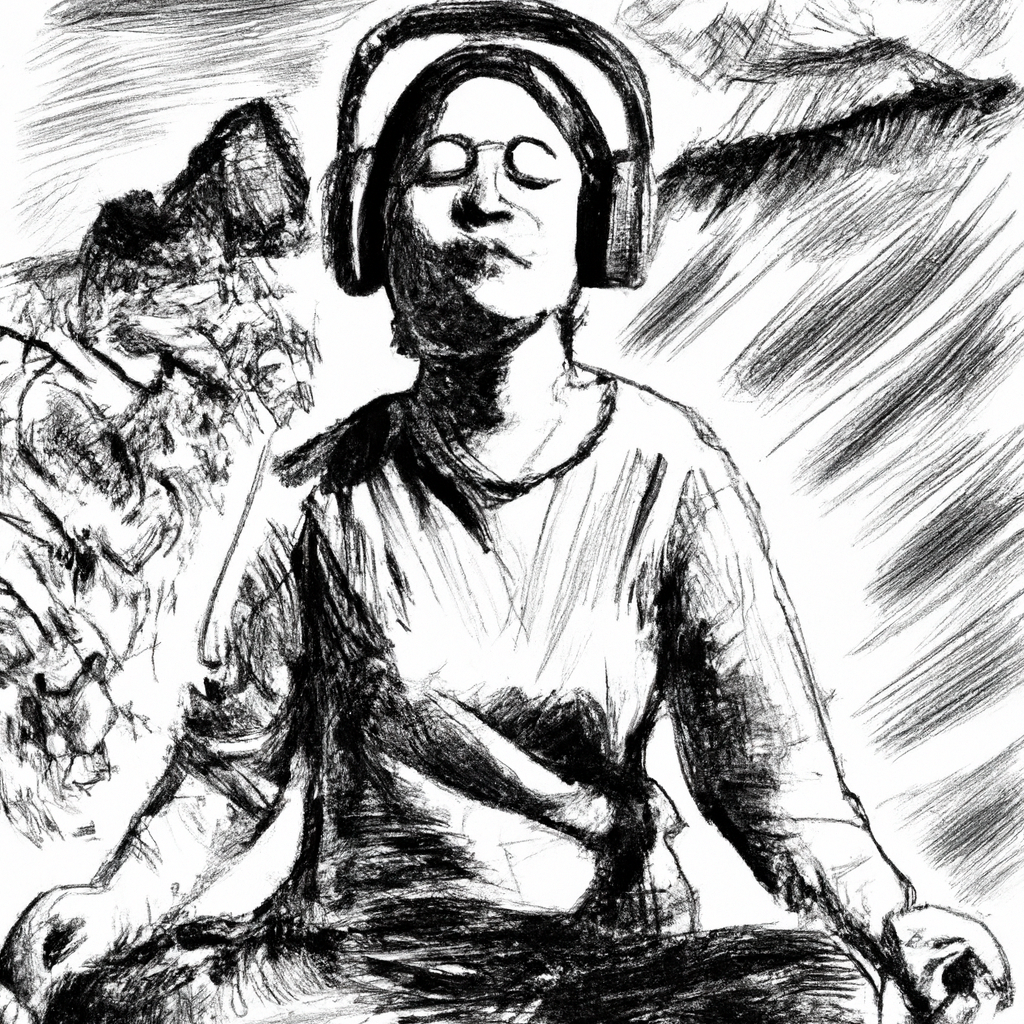
-
The Impact of Violent Lyrics on Behavior
Research has shown that exposure to violent lyrics can increase aggressive thoughts and behaviors. Songs that glorify violence or depict aggressive scenarios can influence listeners, particularly young individuals, by normalizing such behaviors.
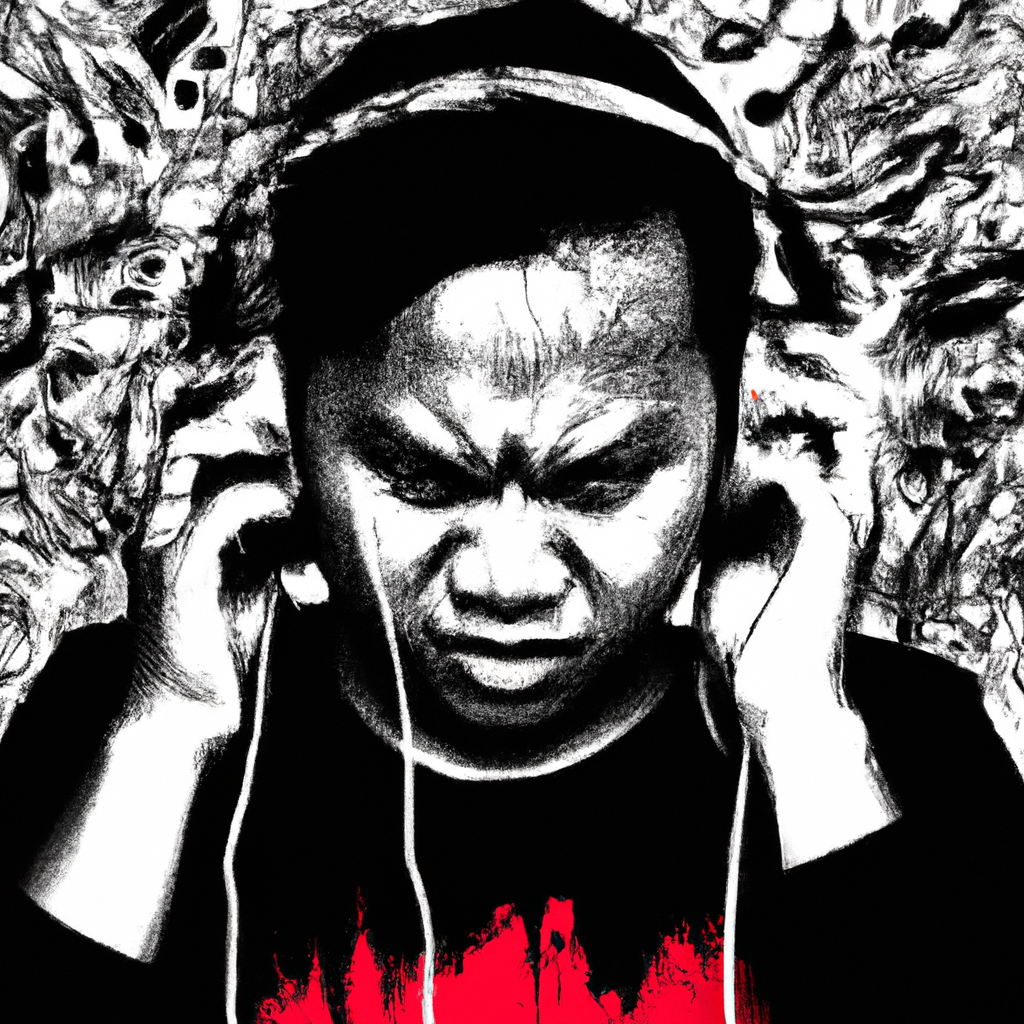
-
The Influence of Love and Heartbreak Songs
Love and heartbreak songs are among the most popular genres, and they can have a significant impact on listeners’ emotions. These songs often resonate with personal experiences, providing comfort and a sense of shared understanding during times of emotional turmoil.
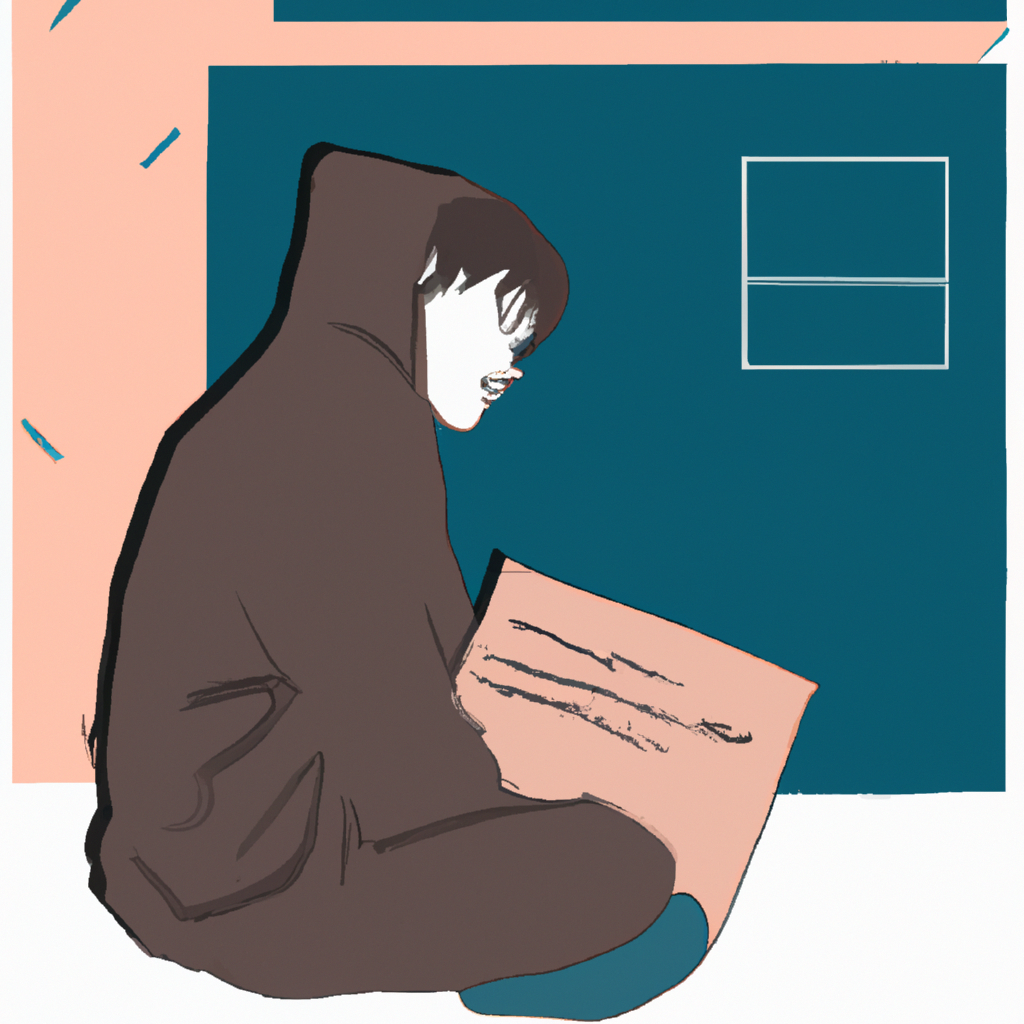
-
The Brainwashing Potential of Repetitive Music
Repetitive exposure to certain types of music, especially those with negative or harmful messages, can reinforce specific emotions and behaviors. This phenomenon, often referred to as brainwashing, can lead to negative psychological outcomes such as depression or anxiety.
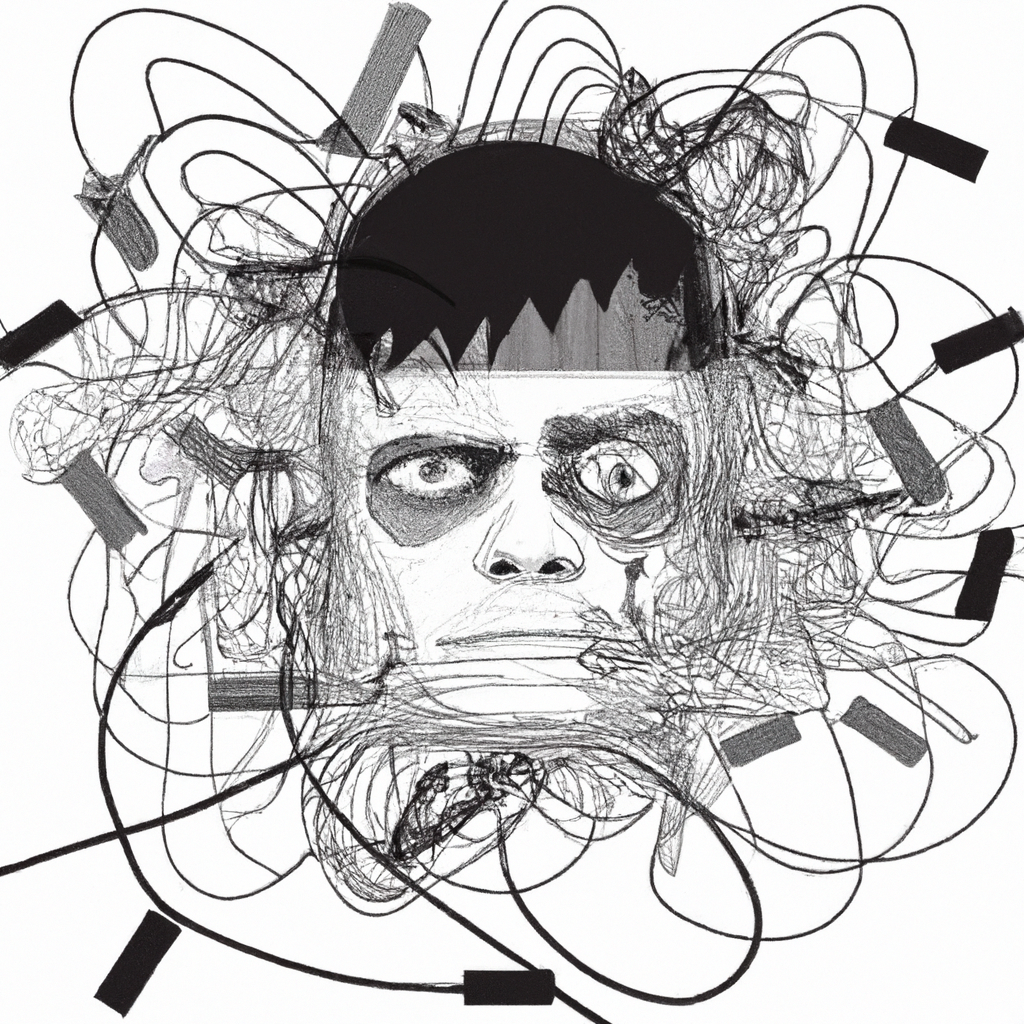
-
The Combined Effect of Music and Visual Media
The combination of music and visual media, such as music videos or social media content, can amplify the emotional impact of music. Well-crafted content can deeply affect emotions and perceptions, making the psychological effects even more pronounced.
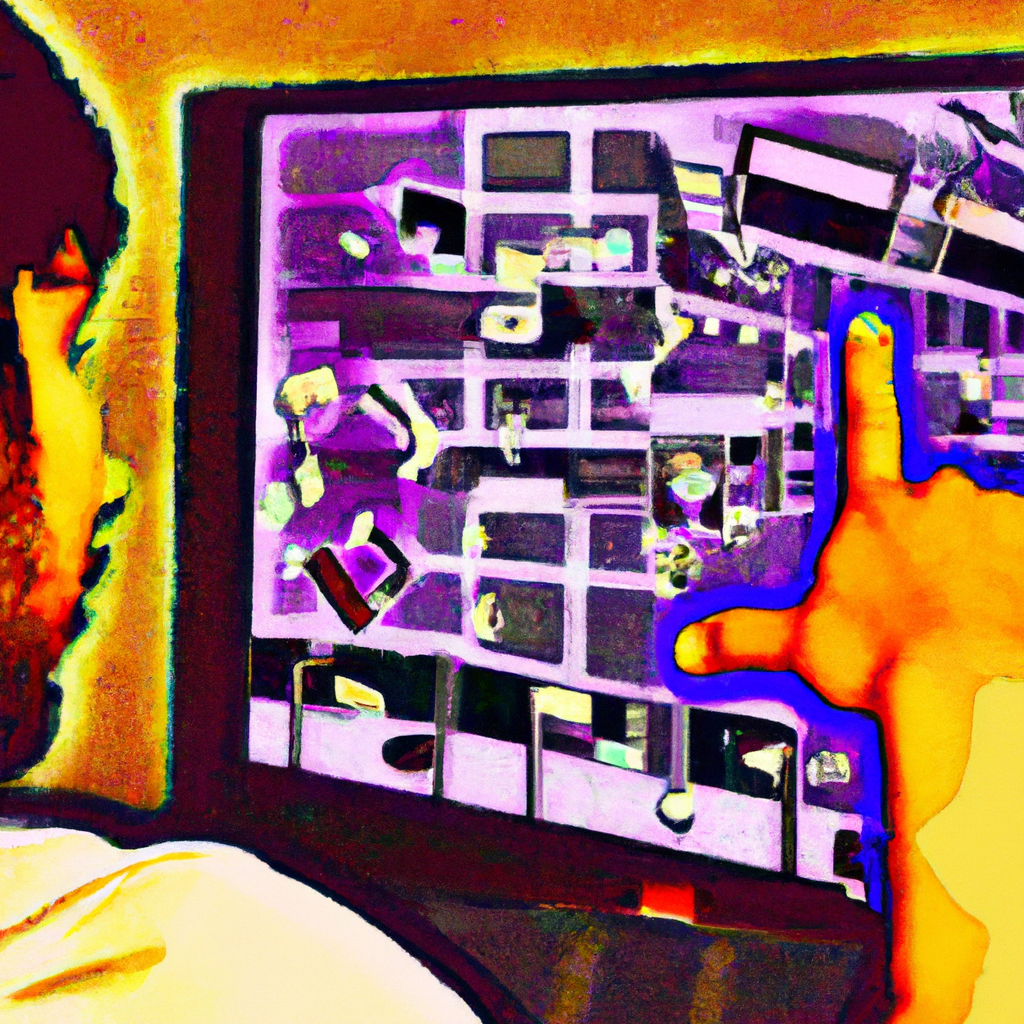
Conclusion
The psychological effects of music lyrics are profound and multifaceted. Music can evoke a wide range of emotions, influence behaviors, and even alter mental states. While music can be a powerful tool for emotional regulation and empathy development, it also has the potential to reinforce negative behaviors and emotions, particularly when combined with visual media. Educators and parents should be mindful of the music that young individuals are exposed to, promoting a balanced and healthy consumption of music. By understanding the powerful role that music lyrics play in shaping psychological well-being, we can better support the mental health and emotional resilience of the next generation.
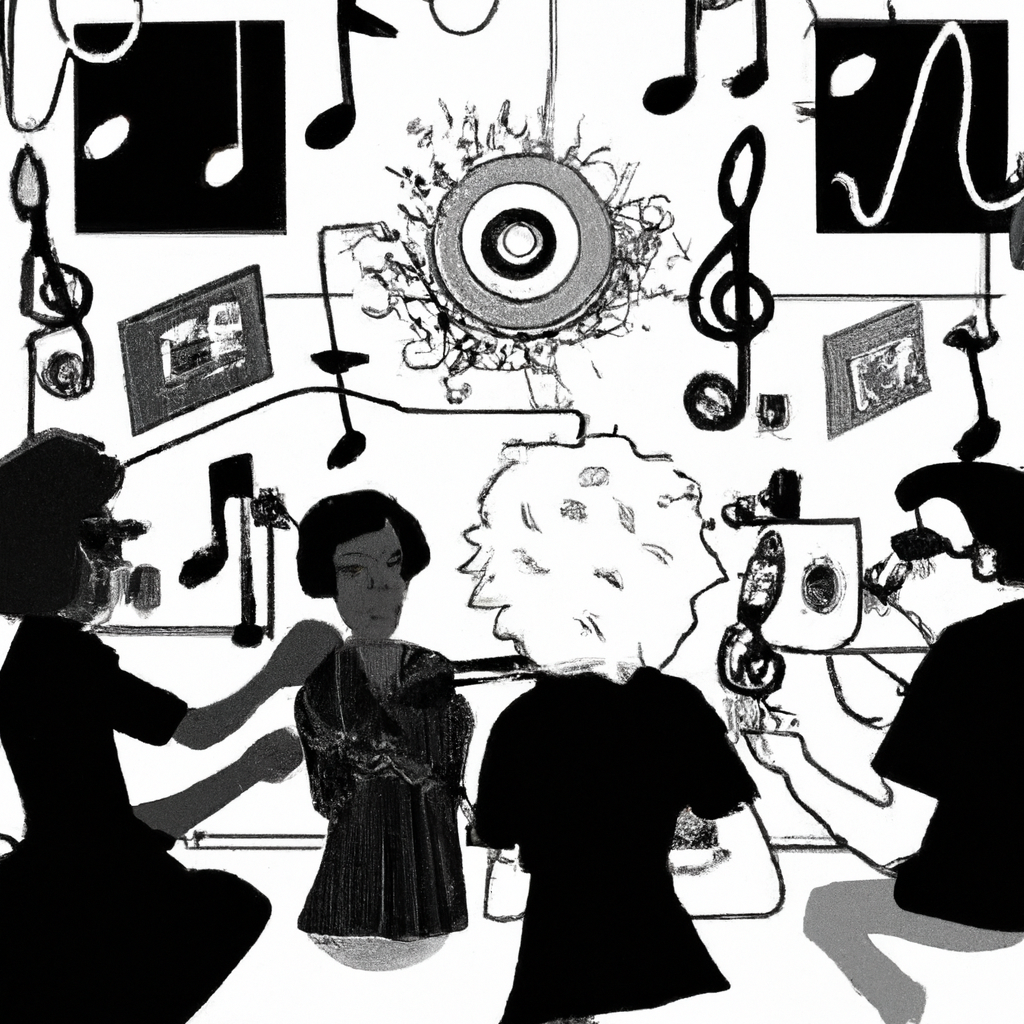
Thank you for reading our article on The Psychological Effects of Music Lyrics. We highly value your feedback and invite you to take a brief survey to share your thoughts and experiences. Your responses will be kept confidential.
Dear Readers,
Welcome to my blog, where technology, music, and visual arts come together to spark creativity and growth. By subscribing, you’ll become part of a vibrant community committed to exploring and learning in these areas.
Select the type of engagement that suits you best:
Join us and enjoy tailored content and direct support suited to your interests.
